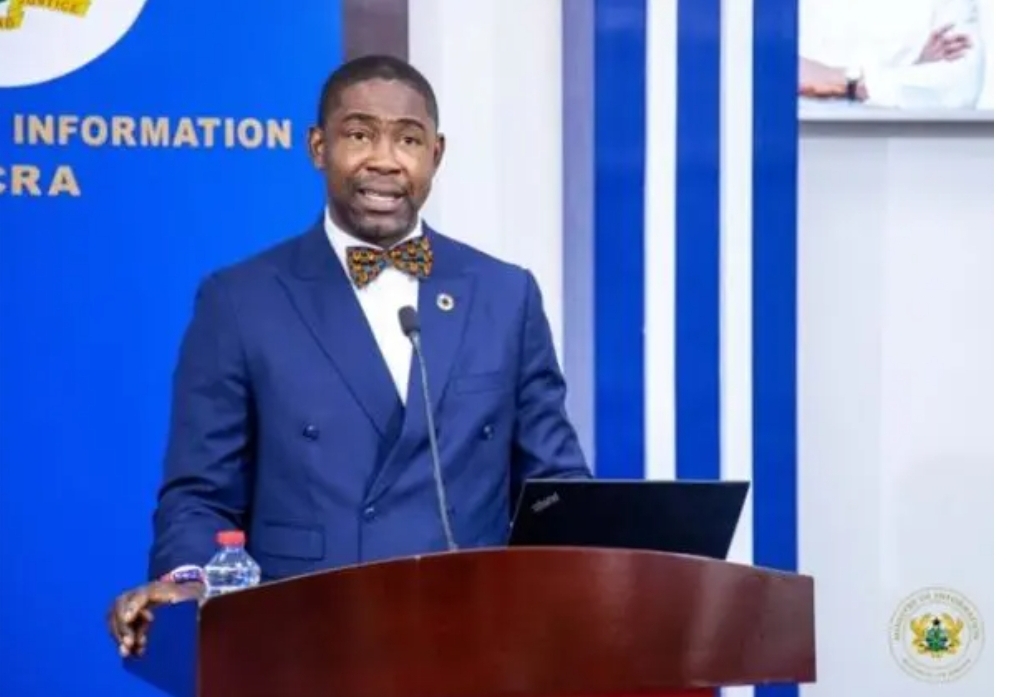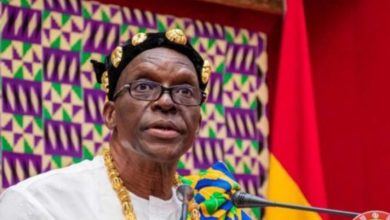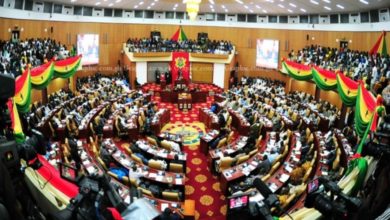Press release by the Health Ministry highlighting changes for better health experience in Ghana.

The Ministry of Health has announced plans to incorporate major herbal medicines into the National Health Insurance Scheme (NHIS), complementing orthodox drugs and providing patients with more treatment options. Once this initiative becomes operational, the government will cover the full cost of treatment, including the payment for herbal drugs. Additionally, mental health treatments and related medications will also be added to the scheme.
This announcement was made by the Minister of Health, Bernard Okoe-Boye, during the Ministry of Information’s Meet-The-Press series in Accra on Wednesday, September 18, 2024. He emphasized that not all herbal medicines are harmful, noting that some have undergone rigorous scientific processes and have been approved for medical use.
Currently, most health facilities in the country have designated units for herbal medicine to treat specific illnesses.
Dr. Okoe-Boye also highlighted existing healthcare provisions, stating that all kidney patients under the age of 18 and over 60 are receiving free treatment. Patients between these age groups are entitled to dialysis treatment twice a month.
On the issue of nursing employment, Dr. Okoe-Boye explained that Ghana is producing more nurses than the local market requires, with over 55,000 nurses graduating annually. To address this surplus, the government has signed Memorandums of Understanding (MoUs) to send excess nurses abroad.
By the end of October 2024, a third group of Ghanaian nurses will be deployed to Barbados, with similar agreements being negotiated with Seychelles, Jamaica, Germany, and the United Kingdom. The minister also revealed that nursing curricula are being revised to better align with international standards, as Ghanaian nurses working abroad are currently required to undertake additional training for six months to a year.
Since 2017, approximately 21,000 health workers have been added to the government’s payroll. Each year, about 3,000 health workers are hired, either paid through government funds or the internally generated funds of health facilities.
Dr. Okoe-Boye also provided updates on the ongoing Agenda 111 hospital projects, which are in various stages of completion. Once completed, these hospitals are expected to employ around 60,000 health workers.
He presented photographic evidence of completed and ongoing health projects initiated by the previous government. He pointed out the completion of Phase Two of the Bolgatanga Government Hospital, financed at a cost of $20 million by the Saudi Fund. The reconstruction of the La General Hospital in Accra is also progressing, with completion expected within 36 months and also, the Suame Hospital in the Ashanti Region and a new Urology Centre at Korle Bu Teaching Hospital in Accra are in the works.




